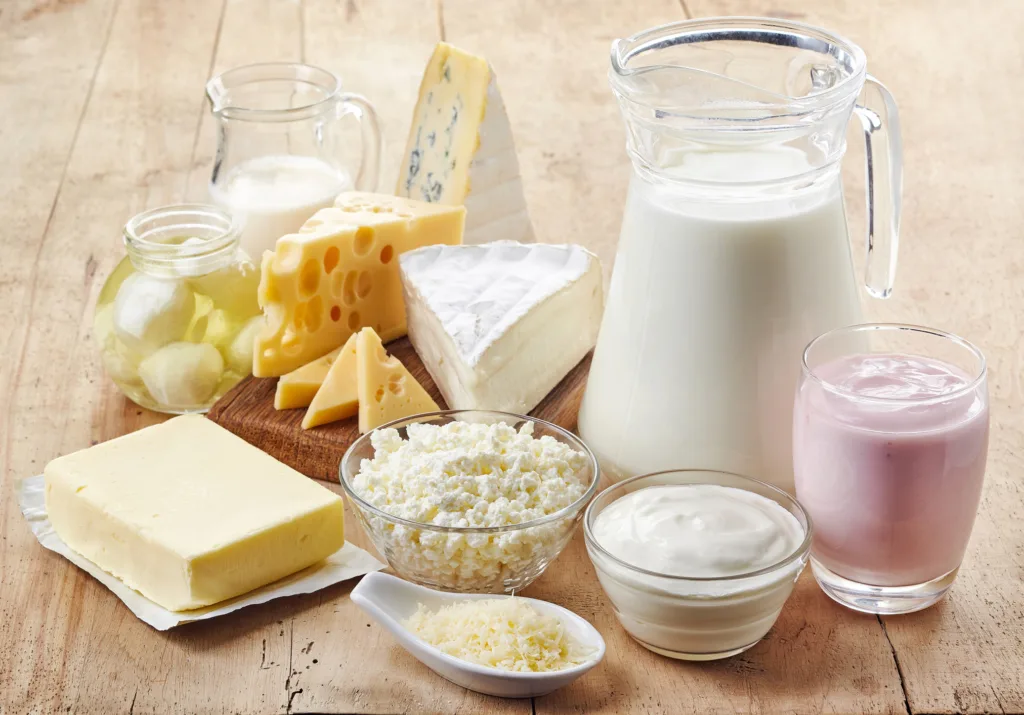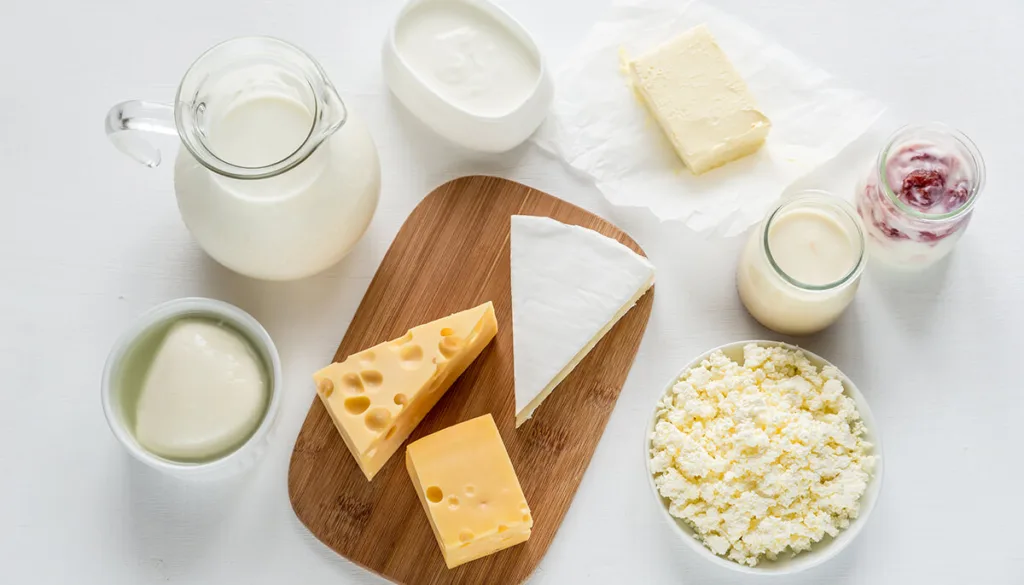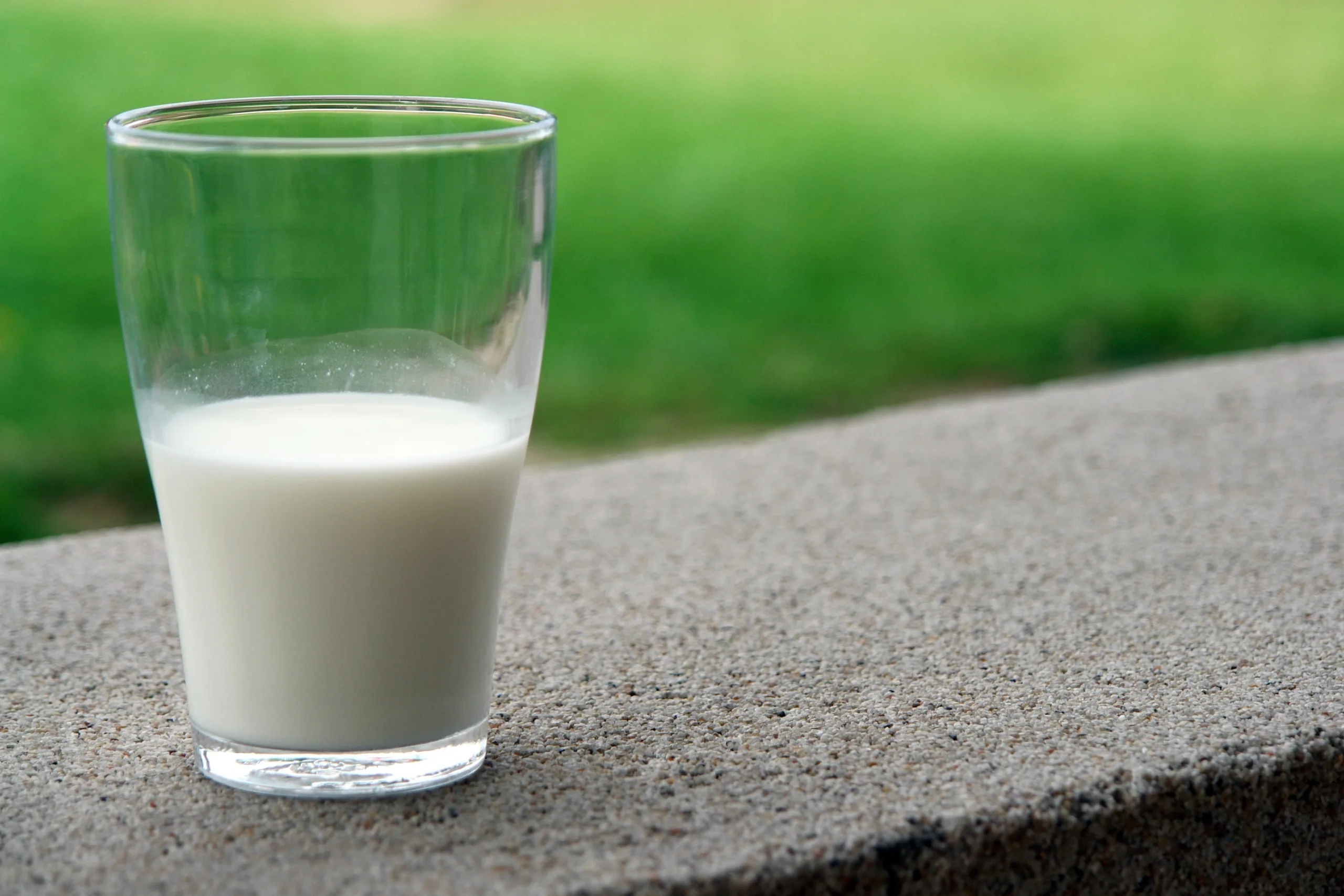Losing weight and getting healthier often top the list of New Year’s resolutions. But where should you start? One unsung hero in the battle of the bulge is dairy. Milk, cheese, yogurt, and other dairy products contain nutrients that can accelerate weight loss. Understanding the science behind dairy’s impact on weight management, in addition to how to incorporate it into your lifestyle, may lead to awesome success.
Dairy’s importance for weight loss should not be downplayed. While eating too much full-fat dairy can cause weight gain, the right dairy types and portions can actually boost fat burning. This results from the one-two punch of protein, calcium, and probiotics present in many dairy items. Read on to uncover dairy’s weight-loss superpowers.

The Science Behind Dairy and Weight Loss
Dairy is shunned by some dieters for its fat and calorie content. However, research indicates dairy nutrients may support weight loss through several mechanisms.
First, dairy provides high-quality protein. Protein is exceptionally satiating and requires more calories to digest than carbs or fat. Consuming protein-rich dairy foods can increase feelings of fullness, leading to lower calorie consumption overall. Protein also maintains and builds lean muscle mass, which torches more calories at rest than fat.
Dairy’s calcium may also enhance fat burning. Studies demonstrate calcium can help the body break down fat more efficiently while inhibiting new fat cell production. Researchers believe calcium may also reduce parathyroid hormone levels, which can stimulate fat storage.
Many dairy products house probiotics, beneficial bacteria connected to weight loss. Probiotics support digestion and gut health. An unhealthy gut microbiome is linked to inflammation, insulin resistance, and obesity. Probiotics counter these effects.
Some research indicates dairy may slightly accelerate metabolism. Dairy’s protein, calcium, and other nutrients could help your body burn extra calories at rest. Though modest, every additional calorie counts for weight control.
Types of Dairy Products for Weight Loss
Not all dairy foods are equal for weight management. Some provide more bang for your buck thanks to higher protein, less sugar, and minimal fat.
Low-Fat Dairy Options
Opting for low or non-fat milk, yogurt, cottage cheese, and other dairy limits calorie intake while retaining weight loss benefits. Choosing nonfat or 1% milk over whole milk dramatically slashes calories and saturated fat. Part-skim mozzarella and low-fat cheeses also pack fewer calories than full-fat types.
Greek Yogurt and Weight Management
Greek yogurt typically provides double the protein of regular yogurt. It also has fewer carbs and almost no lactose, the natural dairy sugar some find difficult to digest. Greek yogurt’s thick, creamy texture promotes feelings of fullness as well. Pick plain, unsweetened varieties.
Nutritional Benefits of Cottage Cheese
This mild, soft cheese contains high levels of casein, a slowly-digested dairy protein that prolongs satiety. Studies demonstrate people who eat cottage cheese feel fuller and consume fewer calories later compared to foods with equal calories and protein.
Role of Whey Protein in Weight Loss
Whey, the watery part of milk, contains the most concentrated form of dairy protein. Research shows whey protein supplements reduce appetite and support lean muscle gains. Whey may also provide greater metabolism-revving effects than proteins like casein and soy.
Dairy Alternatives for Weight-Conscious Individuals
Those avoiding dairy or animal products can still benefit from plant-based dairy alternatives like almond milk, coconut yogurt, and soy cheese. Though not as protein-packed, these options are low-calorie and accommodate plant-based lifestyles.

How to Incorporate Dairy into Your Weight Loss Diet
To maximize dairy’s weight loss effects, prioritize portion control, meal planning, and smart snacking.
Portion Control
Stick to recommended portions to control calories. Cap milk at 1 cup, cheese at 1-2 ounces, yogurt at 3/4 cup, and cottage cheese at 1/2 cup per serving. Measure instead of eating straight from the container.
Dairy in Meal Planning
Pair dairy with fiber-rich fruits, veggies, and whole grains for increased satisfaction. For breakfast, enjoy yogurt with berries and almonds. At lunch, add low-fat string cheese to a veggie-loaded salad.
Dairy-Based Snacks for Weight Watchers
Greek yogurt, a cheese stick, or cottage cheese make nutritious between-meal snacks. Mix in berries, nuts, or seeds for added nutrition and crunch. Roasted chickpeas can provide satisfying crispness and protein to yogurt bowls.

Potential Pitfalls and Allergies
While dairy may support weight loss, some potential cons exist. Many individuals have sensitivities or allergies to dairy proteins like casein and whey. Lactose intolerance is also extremely common, hampering dairy digestion. High-fat cheeses and whole milk could cause unwanted weight gain. Those with health conditions should discuss dairy with their doctor.
Expert Opinions and Studies
Both scientific research and health experts largely promote dairy as part of a weight loss plan. One study in the American Journal of Clinical Nutrition found increased dairy intake significantly boosted fat loss, particularly around the midsection. Researchers concluded dairy nutrients stimulate fat breakdown.
Fitness expert Jillian Michaels touts cottage cheese as a stellar protein for weight loss thanks to its hunger-calming casein. She advises choosing organic brands to avoid hormones and antibiotics used in standard dairy farming.
The Academy of Nutrition and Dietetics confirms dairy foods including yogurt and cheese provide quality protein and nutrients for healthy weight management. They recommend low-fat or fat-free versions as the most diet-friendly options.
Frequently Asked Questions
Q: Is it fine to eat full-fat dairy when attempting to lose weight?
A: While full-fat dairy provides healthy fats, the excess calories could lead to unwanted pounds. Limit higher-fat dairy foods and enjoy them sparingly as a treat.
Q: What if I’m lactose intolerant or allergic to dairy?
A: Lactose-free milk, plant-based milks, and dairy-free cheeses accommodate those with sensitivities. Consult your physician about options.
Q: How much dairy should I consume daily for weight loss?
A: Health experts recommend 3 dairy servings daily within a balanced, calorie-controlled diet for healthy weight loss. One serving equals 1 cup milk or yogurt, 1.5 ounces cheese, etc.

Wrapping Up
Dairy products including yogurt, milk, and cheese are hidden gems for dropping pounds and achieving a slimmer, healthier you. Thanks to protein, calcium, probiotics, and metabolism-charging components, dairy provides multiple weight loss benefits. Understanding how to select the most diet-friendly dairy items and incorporate them into your regimen may unlock dairy’s awesome potential to accelerate your health and body goals this year.
Join Us Today!
We hope this deep dive empowers you to harness dairy’s weight-loss wonders! Subscribe to our free newsletter for the latest nutrition and wellness insights to support your healthy lifestyle. Don’t forget to check out our related posts on amazing foods, weight management tips, and total body transformations.
Thank you for reading this post, don't forget to subscribe to our free newsletter
!
